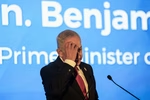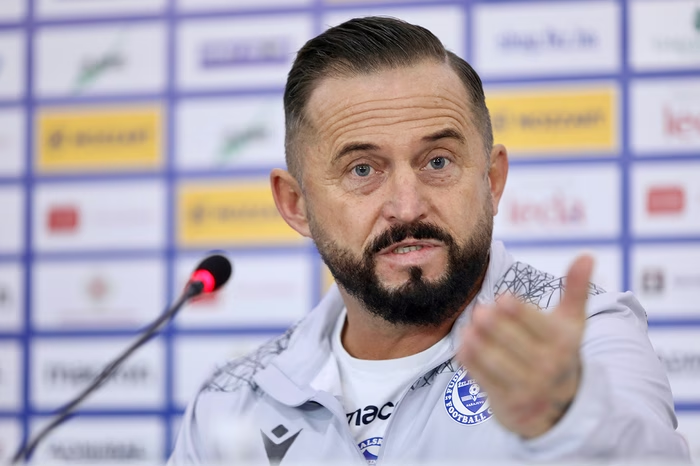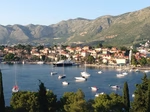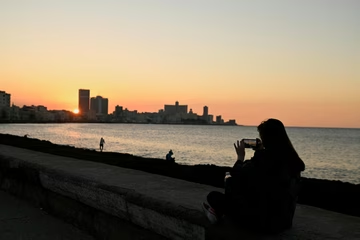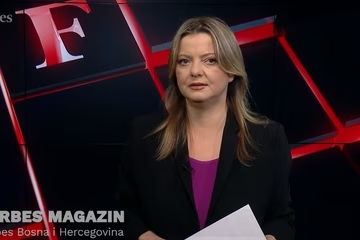Republika Srpska forming commissions to review 1992-95 war events
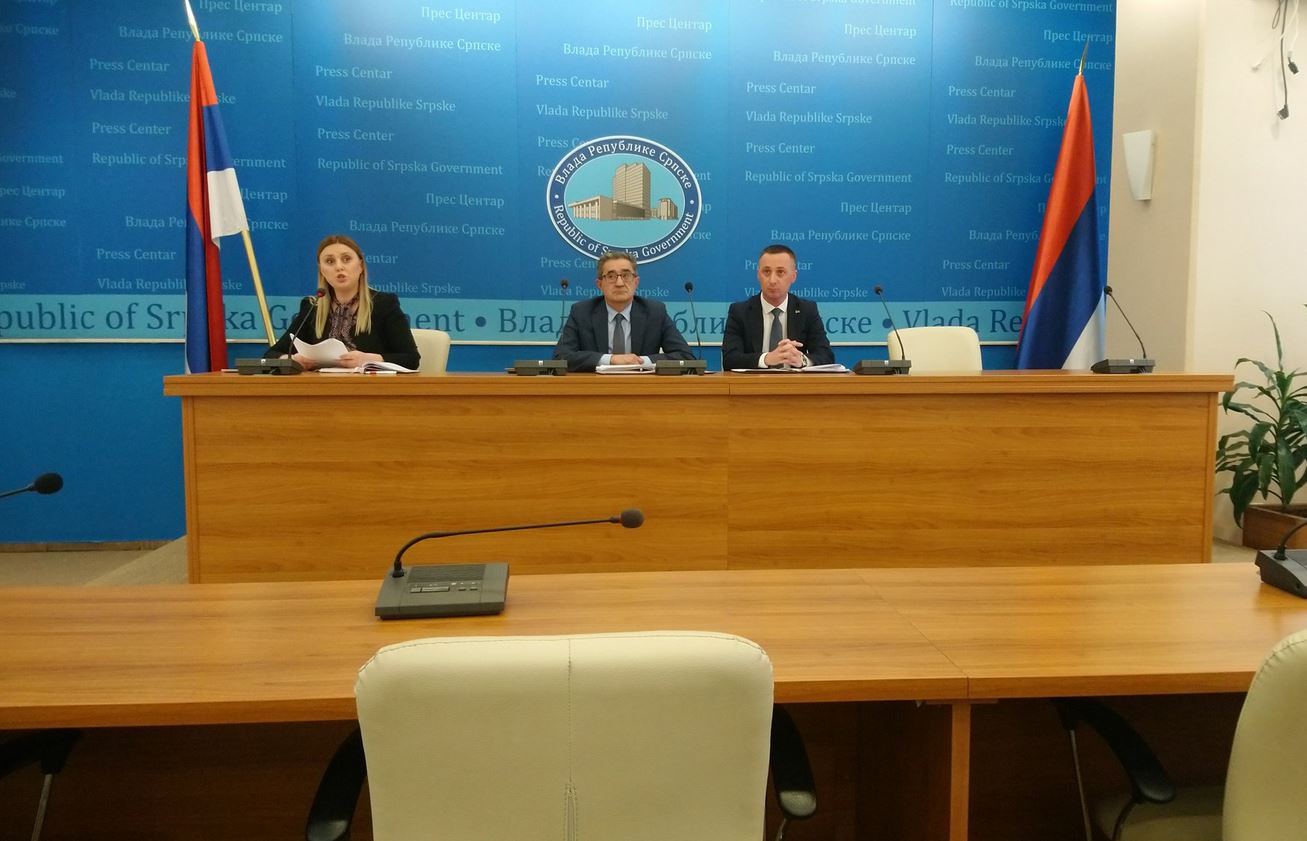
Authorities of Bosnia's Serb-dominated entity Republika Srpska (RS) plan to form commissions that would be dealing with the suffering of the Serbs in Sarajevo and suffering of all peoples in the eastern town of Srebrenica during the 1992-95 Bosnian war.
Oglas
The RS Government discussed on Thursday the appointment of the commission's members which will be formed, as the government members said, to “reconcile these and future generations.”
“These two commissions will be dealing with the suffering of peoples in the Srebrenica region and in Sarajevo, in the period 1992-95. This is a very delicate and difficult issue, and I'd like to say that this considers piety for all victims but also collecting of all relevant data regarding the horrors of the past war we all had experienced,” said RS Justice Minister Anton Kasipovic, addressing a press conference after the Government session.
Bosnia's main ethnic groups do not have a common stance on the events that took place during the war in the early 1990s. The leadership in the RS never accepted or acknowledged international court rulings that what happened in Srebrenica was genocide, arguing that it was an atrocity that all sides in the war had suffered under.
Oglas
On July 11, 1995, Bosnian Serb forces overran the eastern Bosnian enclave of Srebrenica and rounded up the town’s Muslim Bosniaks, separated men from women and little children and systematically executed some 8,000 men and boys.
The International Criminal Tribunal (ICTY) for the Former Yugoslavia and the International Court of Justice later ruled that the massacre was an act of genocide.
The RS authorities also deny taking part in some of the mass killings in the capital of Sarajevo, which were attributed to Bosnian Serb forces. This includes the biggest massacre that took place in the then-occupied capital, the Markale massacre.
“It is our goal to shed light on all facts of those tragic events, for the sake of the victims, families, coexistence,” he said.
Oglas
Israeli historian Gideon Greif will head the commission for Srebrenica, while academician of the same origin, Raphael Israeli, will be at the helm of the commission for Sarajevo.
Kakvo je tvoje mišljenje o ovome?
Učestvuj u diskusiji ili pročitaj komentare
Oglas
Kakvo je tvoje mišljenje o ovome?
Učestvuj u diskusiji ili pročitaj komentare
Oglas





 Srbija
Srbija
 Hrvatska
Hrvatska
 Slovenija
Slovenija












